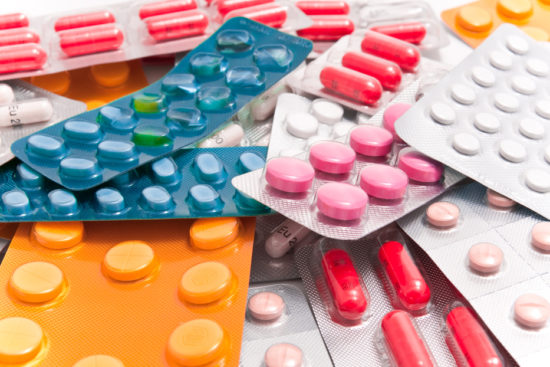Demanding attention to self-medication with antibiotics
Antimicrobial resistance (AMR) is a significant issue in low-income and middle-income countries, particularly in India. Self-medication with antibiotics, both in humans and livestock, is a significant contributor to the global AMR burden. In India, over 70% of the workforce is employed in agriculture and animal husbandry, which contributes to the economy. However, antibiotic use in agriculture is challenging to document, leading to antibiotic residues in food. The Indian Government has implemented measures to minimize AMR through National Health Policy-highlighted regulation of antibiotic use in healthcare settings. However, rural communities face significant failures due to resource-poor healthcare settings, unaffordable time constraints, and high livestock treatment costs. Involving the agricultural sector in health-related policies and collaborating with government and private entities can help develop best practices and strategies to reduce AMR burden.
AMR NEWS
Your Biweekly Source for Global AMR Insights!
Stay informed with the essential newsletter that brings together all the latest One Health news on antimicrobial resistance. Delivered straight to your inbox every two weeks, AMR NEWS provides a curated selection of international insights, key publications, and the latest updates in the fight against AMR.
Don’t miss out on staying ahead in the global AMR movement—subscribe now!





